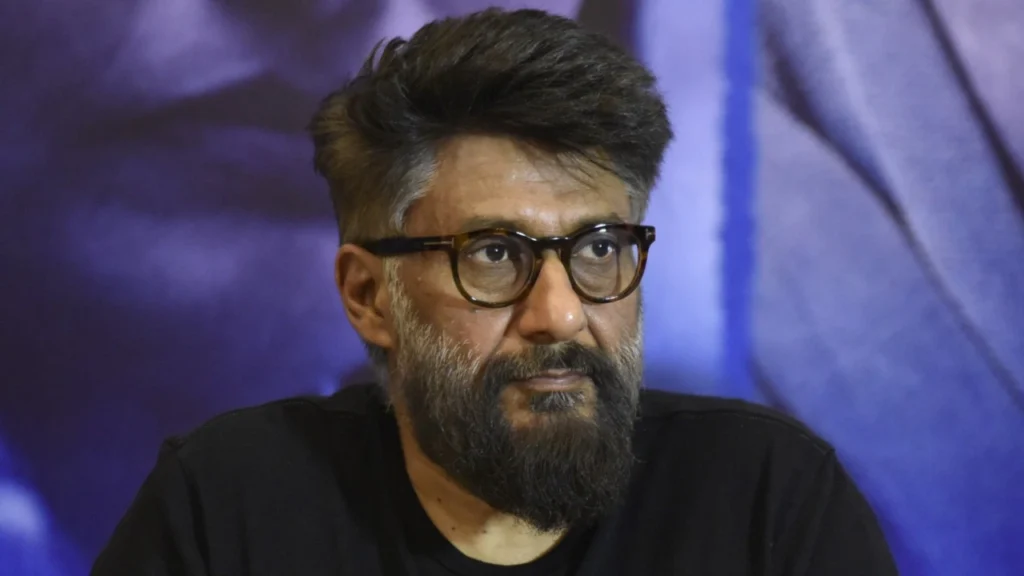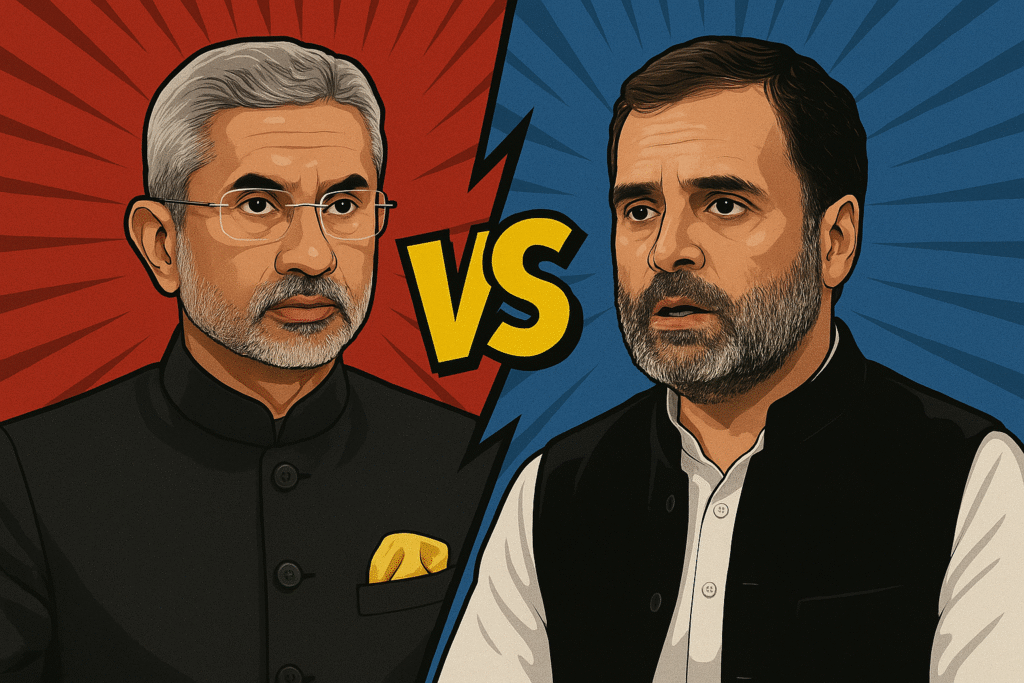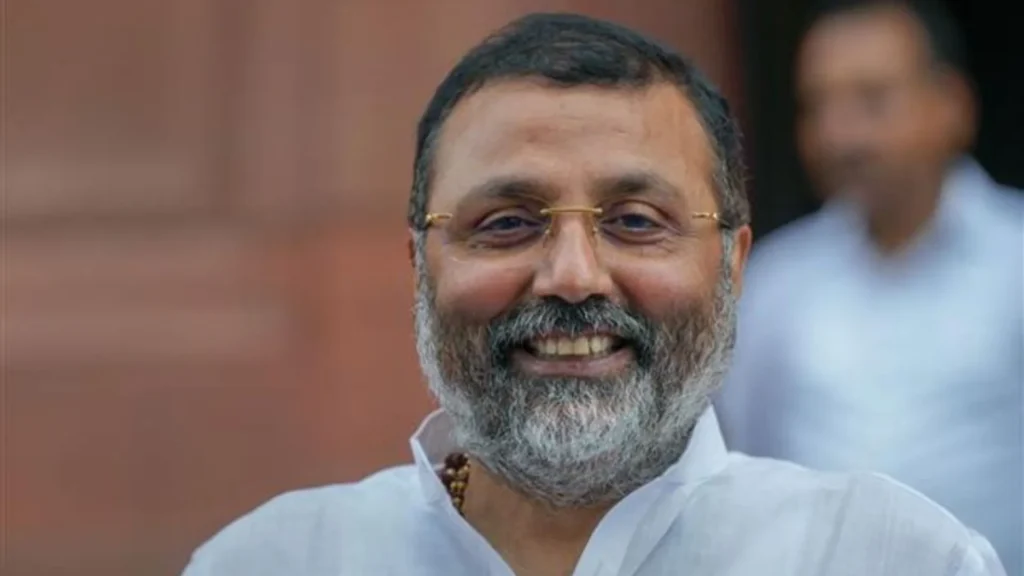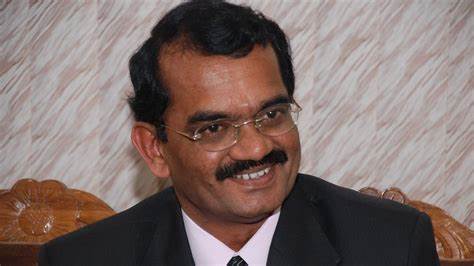What Did Vivek Agnihotri Say About American Awareness of Kashmir?
Vivek Agnihotri, the filmmaker behind The Kashmir Files, recently shared in an interview on May 19, 2025, that most Americans have little to no understanding of the Kashmir conflict or the broader India-Pakistan tensions. He said, “I just came back from the US and I know they have absolutely no idea about this region or how it works.” Agnihotri pointed out that the West only started paying attention to Kashmir after the April 22, 2025, Pahalgam terror attack, which killed 26 civilians, and India’s retaliatory precision strikes on nine terrorist sites in Pakistan. He believes this lack of awareness stems from a gap in exposure to Kashmir’s human stories and historical complexities, which aren’t often covered in Western media or discourse, leaving even American diplomats with a superficial understanding of the issue.
How Does Agnihotri Propose Cinema Can Address This Gap?
Agnihotri strongly advocates for using Indian cinema as a form of soft power to educate global audiences about Kashmir. Drawing a parallel to Hollywood’s impact, he stated, “We need to make more films on Kashmir and use it as our soft power to fight the world… the way Hollywood did by making so many films on the Holocaust that nobody in the world dared to say a word against it.” He argues that films depicting the realities of Kashmir with sensitivity and emotional honesty can bridge the knowledge gap, fostering empathy and understanding worldwide. Agnihotri emphasized the need for a “human touch” in storytelling, urging filmmakers to engage with victims’ experiences to convey the true pain and suffering caused by the conflict, especially after high-profile incidents like the Pahalgam attack.
Americans have no idea about Kashmir, India-Pakistan conflict: @vivekagnihotri | by @vineetakumar_ #IndiaPakistanConflict https://t.co/1t0wv1bxVg
— India Today Showbiz (@Showbiz_IT) May 19, 2025
Why Does Agnihotri Critique Western Engagement with Kashmir?
Agnihotri’s critique centers on the West’s limited engagement with Kashmir, which he believes leads to misinformed or superficial diplomatic responses. He noted that while India frequently debates the Kashmir issue internally, the lack of awareness in the US means American officials often raise the topic without grasping its depth—especially evident after the Pahalgam attack and India’s Operation Sindoor, which escalated tensions with Pakistan. This ignorance, Agnihotri argues, allows for oversimplified narratives to dominate global discussions, as seen when American diplomats started questioning Kashmir’s status post-attack. His comments reflect a broader frustration with how the West engages with South Asian conflicts, often only reacting to dramatic events without understanding the underlying historical and cultural context.
Agnihotri’s remarks highlight a critical debate about the role of media and cultural production in shaping international perceptions during conflicts like India-Pakistan tensions. His call for more Kashmir-focused films underscores the power of storytelling to influence global opinion and policy, much like Hollywood’s role in cementing narratives around the Holocaust. In the context of 2025, with events like the Pahalgam attack, Operation Sindoor, and ongoing diplomatic moves—like the China-Afghanistan-Pakistan talks happening today—this perspective is timely. It raises questions about how India can leverage soft power to counter misinformation and build global solidarity, especially when public opinion can impact diplomatic outcomes. Agnihotri’s mission, as he sees it, is to tell untold stories that bridge cultural divides, a goal that resonates amid India’s current focus on national security.





















